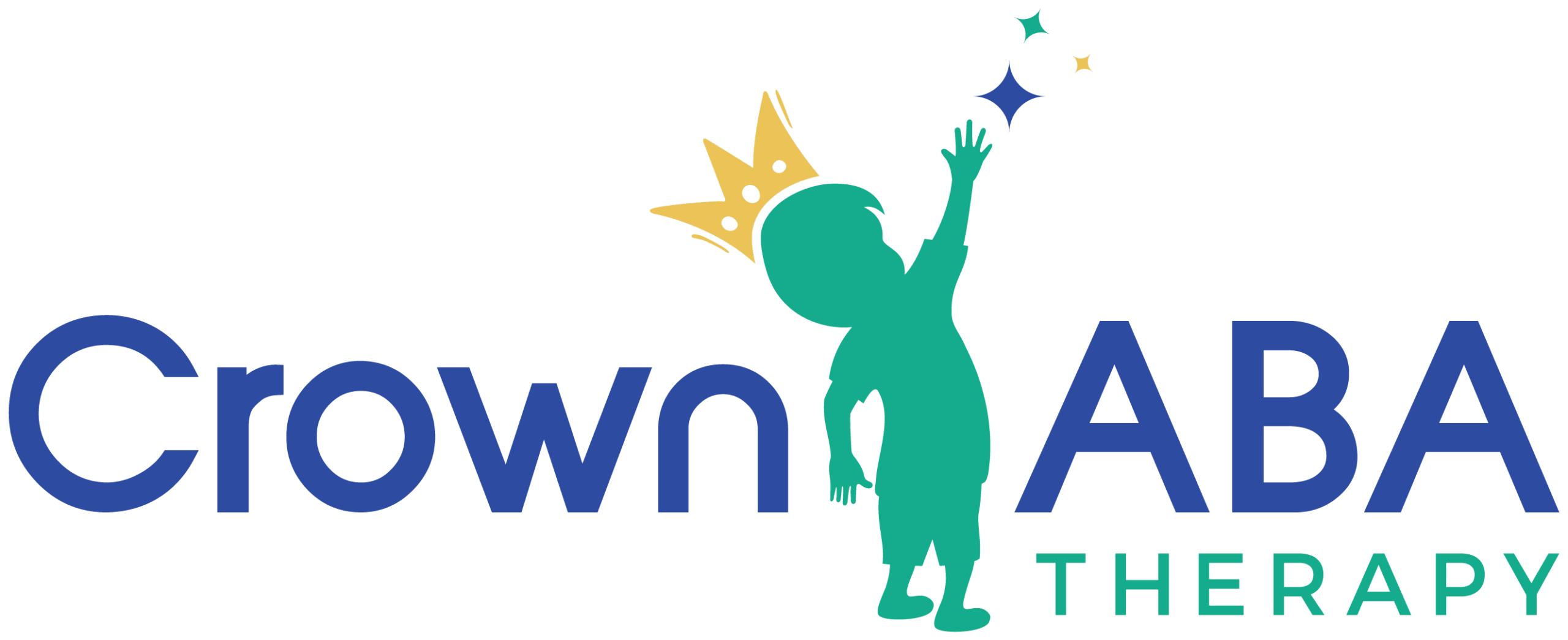Key Points:
- Autism cannot be cured, but early, personalized therapy can significantly improve developmental outcomes.
- Treatments like ABA, speech, and occupational therapy target specific symptoms and enhance quality of life.
- A long-term, skill-building approach helps individuals with autism thrive across different environments and life stages.
Parents often look for a way to cure autism because they want the best life possible for their child. But the goal isn’t to erase autism—it’s to understand it. With the right therapy and support, children with autism can grow into confident, capable individuals who thrive on their own terms.
Can Autism Be Cured?
No, autism cannot be cured. Autism is a neurodevelopmental condition that affects how individuals communicate, learn, and interact. It is lifelong, but with the right therapies and support, people with autism can develop meaningful skills and lead fulfilling lives.
While the idea of finding a way to cure autism might seem like the ultimate goal, modern treatment approaches focus more on helping individuals thrive with autism, rather than eliminating the condition altogether. Personalized interventions are key to building strengths and reducing challenges, especially when started early.
What Does It Mean to Talk About “Curing” Autism
The question of how to cure autism often comes from a place of love and a desire to help. But it’s important to understand what autism actually is — and what it’s not. Autism is not a disease. It’s a difference in brain development that affects how a person processes information and interacts with the world.
Rather than focusing on curing autism, experts and advocates highlight the significance of building on each individual’s strengths while addressing specific areas of difficulty. The goal is to improve daily functioning, communication, and independence, not to change who someone is at their core. For more insights into the latest autism treatment options and strategies to support individuals on their unique journeys, check out our article “Latest Autism Cure and Treatment News for Families.”
Exploring 5 Best Treatments for Autism Spectrum Disorder
While there is no cure for autism, evidence-based treatments can lead to significant improvements in communication, social interaction, and behavior. These therapies don’t “remove” autism but help individuals develop practical skills to navigate life more effectively.
Here are the most widely used and supported therapies:
1. Applied Behavior Analysis (ABA)
ABA therapy is one of the most researched and widely practiced therapies for autism. It uses structured techniques to teach skills and reduce challenging behaviors through positive reinforcement.
ABA therapy is individualized and often includes goals like:
- Increasing communication (verbal or nonverbal)
- Teaching daily living skills like dressing and hygiene
- Encouraging social interaction
- Reducing unsafe or disruptive behaviors
2. Speech and Language Therapy
Many children with autism struggle with language and communication. A speech therapist can help build vocabulary, improve understanding of language, and teach alternative communication systems like PECS (Picture Exchange Communication System) or AAC devices when needed.
3. Occupational Therapy (OT)
OT focuses on helping children gain independence in everyday activities. This includes fine motor skills (e.g., writing, feeding), sensory integration, and improving tolerance for daily routines.
4. Social Skills Training
Children with autism often have difficulty understanding social cues. Structured social skills programs teach them how to initiate conversations, interpret facial expressions, and build peer relationships — all within a safe and supportive setting.
5. Parent Training and Involvement
Caregiver training is essential. Parents learn how to apply strategies from therapy at home, reinforcing learning in natural environments. This consistency accelerates progress and empowers families to handle daily challenges.
 The Current Medical Treatments for Autism
The Current Medical Treatments for Autism
While no medication can cure autism, some individuals benefit from medications that address related symptoms like anxiety, irritability, or attention issues. These medications should always be prescribed and monitored by a qualified physician, typically a developmental pediatrician or psychiatrist familiar with autism.
Medications may help manage:
- Aggression or self-injury
- Severe anxiety or OCD symptoms
- ADHD-like behaviors (inattention, hyperactivity)
- Sleep disturbances
Medication is usually part of a broader treatment plan that includes behavioral and educational interventions.
Is There a Single Treatment That Works for Every Child?
No, and that’s a crucial point. Autism exists on a wide spectrum, meaning each person’s needs and abilities vary greatly. What works for one child may not work for another. Effective treatment requires a personalized approach that evolves as the child grows.
When exploring how to cure autism, or rather how to best support someone with autism, parents should look for providers who tailor goals and methods to the child’s specific strengths, challenges, and developmental stage.
Common Myths to Avoid in Autism Treatment Decisions
There’s a lot of misinformation online, especially around the idea of how to cure autism. Parents should be cautious of treatments that claim fast results or offer “miracle cures” with little scientific backing. Some unproven methods may even be harmful.
Be wary of:
- Detox regimens or restrictive diets marketed as cures
- Chelation therapy not prescribed by a doctor
- Stem cell treatments (largely unregulated and unproven)
- Claims that autism can be reversed or eliminated
Instead, focus on therapies supported by science and endorsed by medical and psychological associations. These are the interventions that truly make a difference.
How Does ABA Therapy Help Children With Autism Thrive
ABA autism intervention is built on decades of research and focuses on measurable progress in behavior and skill development. It’s especially effective when started early and delivered consistently.
Through ABA, children learn how to:
- Communicate their needs
- Follow instructions
- Engage in play with others
- Develop daily routines and independence
The progress may be gradual, but over time, ABA can have a profound impact on a child’s confidence, learning, and social relationships. While it’s not designed to cure autism, it does provide many children with the tools they need to live more independently and happily.
 Get Started With ABA Therapy in Maryland
Get Started With ABA Therapy in Maryland
While autism can’t be cured, there’s a lot that can be done to support children on the spectrum in building skills for life. At Crown ABA, we focus on evidence-based ABA therapy to help children grow in communication, independence, and confidence.
If you’re looking for a trusted partner in your child’s development, Crown ABA offers personalized autism therapy plans in Maryland designed around your child’s unique strengths and challenges. Our goal is not to change who your child is — it’s to help them thrive.
Take the first step today! Contact us and discover how ABA therapy can make a lasting difference.





